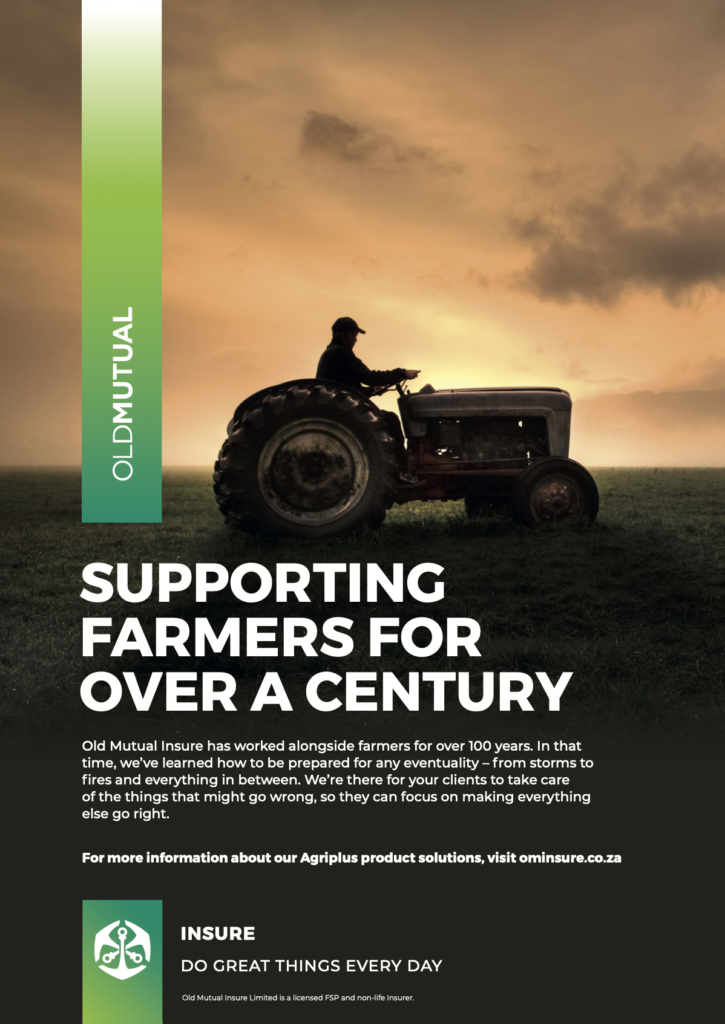
Tamryn Lamb, the head of retail distribution at Allan Gray, gives us some insight into the current and expected Investment landscape.
Tony – Based on your research and client experience, please share some insights from the past two years, as a backdrop to 2022.
Tamryn – To say the last two years “have been very interesting” is probably the understatement of the century. 2020 felt like one of those years where we were all just kicked into this defensive mode, trying to make sure that our business models carried on as per normal during a very tough period. We were also responding to the volatility in the markets and engaging with our clients.
Then 2021 has been more of a how do we carry on in this mode for a longer period, when will this end and how do we deal in a sort of protected period of uncertainty. Set against that, we have had a significant period of economic and political instability, which has added to an already pre-existing level of client anxiety, and I’m sure everyone listening to us or reading this today, will agree with that wholeheartedly.
When I look back now, it is interesting to observe that, despite a very difficult and uncertain period, we have actually seen a significant recovery and flows across the industry in 2021. Now, I’m not looking at all the data points, but taking, for example, the platform industry, which is around R2 trillion now, that’s grown well over 10% year on year, and we’ve seen some quarters where the quarterly flows are closer to 30 billion, and on average, they are normally 20 billion. It feels like a bit of cognitive dissonance, how can the platform industry have continued to grow when we know that we have got increased unemployment, and we are seeing very volatile growth in GDP.
Tony – Based on what we learnt from this, do you think that any of the ways that we approach the market, and look at investments, should be adapted going forward? Or, do you think it’s the same as we have done in the past and just monitoring it and keeping the long-term view?
Tamryn – It’s always a balance of both, isn’t it. We must always learn from our mistakes in our current environment, but we should never be held hostage by them. That’s a quote that Alan Gray, the individual, always use to say. You must hold what is important to your process and focus on the long term, but you must also continue to learn and never be complacent about your environment. So, maybe the process doesn’t change and maybe the approach to managing investments doesn’t change materially, but you must adapt to your circumstances. So, let me try and answer your question more specifically.
We have seen some significant shifts in markets over the past two years and there are certain signs, for example, that global inflation is one macro trend, which is becoming increasingly spoken about amongst investing circles. But interestingly, portfolios don’t appear to be positioned to benefit from increased inflation or to protect against an increase in inflation. I think one thing that we should learn, maybe not just so much from the last two years, but perhaps the last 100 years of investing, is that sometimes trends can persist for a very long time until they don’t.
I think the last two years has continued to be supportive of certain growth-oriented businesses, if you had an online business, working from home accelerated and pulled forward some of the earnings that you might have over a five-year period into two. I think that it’s become even harder for investors to see where we are in the cycle, because of the dynamics and because we’ve had a major shock in the exogenous environment over the past two years. I think there is a little bit of – okay so these trends have happened for so long, they have survived throughout COVID so, maybe I just shouldn’t be worried about them anymore.
To try and be more specific, certain global equity markets look very extended, global government bonds yields are starting to increase, but have been low and depressed for a very long time. It’s still unclear what the extreme levels of quantitative easing that we’ve seen injected by developed governments around the world, will do to asset prices over the next five to ten years.
I guess the lesson here is, yes, learn from our environment, understand what’s happened over the past two years, but also make sure that you are really taking that long term perspective and ensuring that you’re protected on a valuation and risk perspective.
Tony – If you look at Alan Gray specifically, and your environment of retail distribution, is there any specific focus of theme for next year, what are you aiming to achieve?
Tamryn – Our focus in each year, sort of stays unchanged. But what we try and implement or deliver on in the year will vary. So, for our strategic objectives, we want to make sure that we deliver great performance for clients. And to do that, we must make sure that we earn and maintain clients’ trust and confidence. To do that, you need to keep engaging with clients and advisors, you need to communicate, you need to make sure that your service quality stays high on your offering, that you maintain that trust and confidence through the cycle.
Next year, our key initiatives are around making it easier for clients to invest. Firstly, we’re going to be launching an offshore endowment. That’s very much in line with what I was saying earlier, if you’re going to invest offshore, we think it should be an important part of your portfolio. But you should do it with a long-term view in mind and have a systematic kind of framework that you apply and do it consistently rather than just do it in the knee jerk reaction to local or offshore news. And we think that offshore endowment is a good tax efficient, long-term solution for clients to invest offshore.
Secondly, we’re going to be managing around some regulatory developments. I think there are going to be some interesting pieces of legislation that have been waiting for a while to get some clarity on from the FSC. The one is the retail distribution review and that will impact advisors. The other is the proposals that have been floating around in the last couple of months around the two-part Retirement System, which I think will also be a key piece of legislation that we will all need to get our heads around over the next couple of years.
Then finally, I think we’re also going to be making sure that we can continue to make our services and our offerings more streamlined, easier to use digital interfaces that are secure and efficient for clients, really taking that friction out of investing, while at the same time, keeping what we think is a very important personal touch to how we service clients and advisors.
Tony – You spoke about the personal touch in advice. Given the background and how we see clients have behaved, going forward, with the uncertainty still hanging around, what comments do you have for advisors?
Tamryn – The last few years have really reaffirmed and underscored the importance of good advice. You can see, when we look at the data on our platform, clients who stayed the course who didn’t switch out in February and March last year into the money market, and then try to time the market as it recovered, have really been well rewarded.
I guess my advice to advisors, and take it from whence it comes is, we do think that these types of big market shocks tend to meaningfully change client and investor risk appetites. We have seen when we run the data, let’s say on our platform for the last 10 or 20 years, it’s interesting to note that, depending on when you start or let’s say when you retire or when you receive a lump sum, your long-term asset allocation can be meaningfully impacted by the periods that ensued right before your starting point. So, I do think that advisors should be thinking hard about how COVID will have impacted their clients risk appetites, and how that might influence some of their long-term asset allocation, and then how to diversify the portfolio is the advisors place of expertise. But there are some significant behavioural impacts that we want to try and make sure that we manage over these very volatile periods.
Then the classic is obviously to try minimise switching behaviour, diversify, but do so for the right reasons. I also do believe it’s going to carry on being quite noisy, at least for the next couple of weeks and months, as we manage through the impact and consequences of what I hope was the final big fourth wave of COVID.
I think South Africa has got several issues that we continue to work through and that’s going to be noisy to say the least. It’s important to try and distil the facts from the noise and make sure that we are investing in some of those local opportunities that looked like they’re a great risk reward trade off.
Finally, keep the communication with clients going, that certainly is critical.


